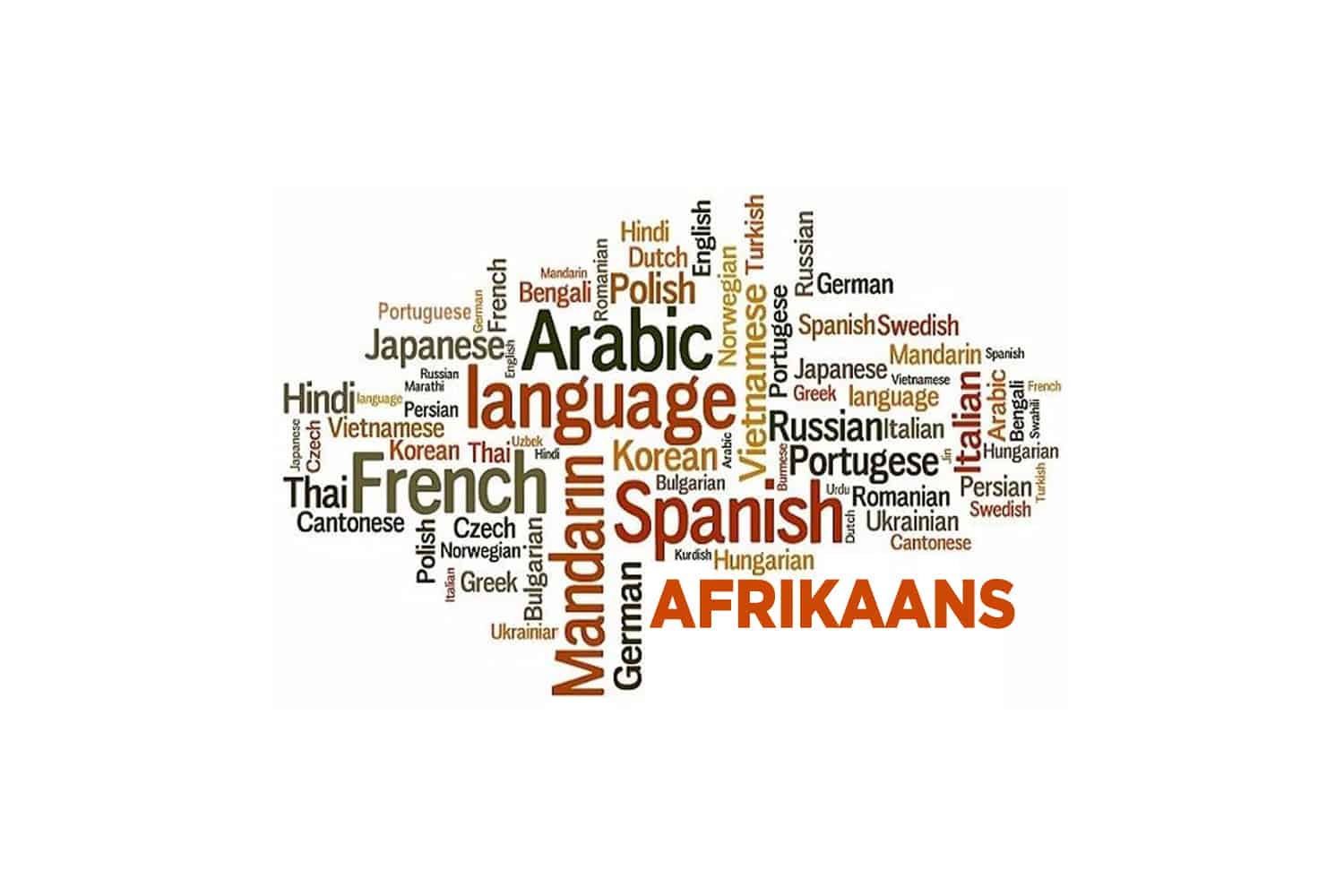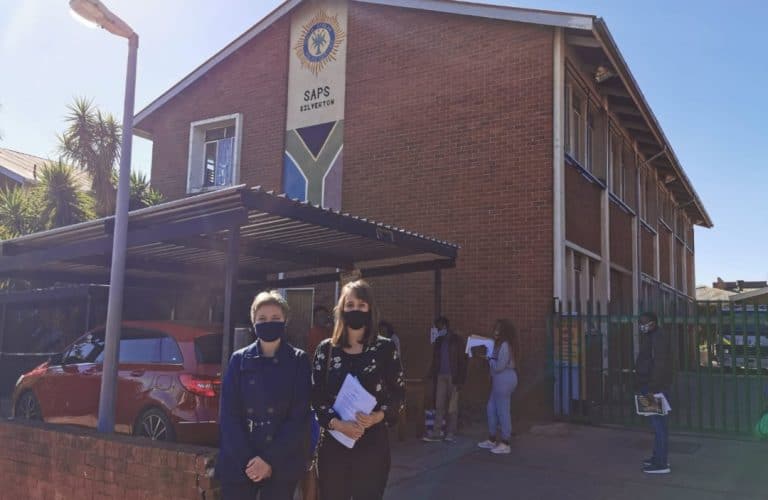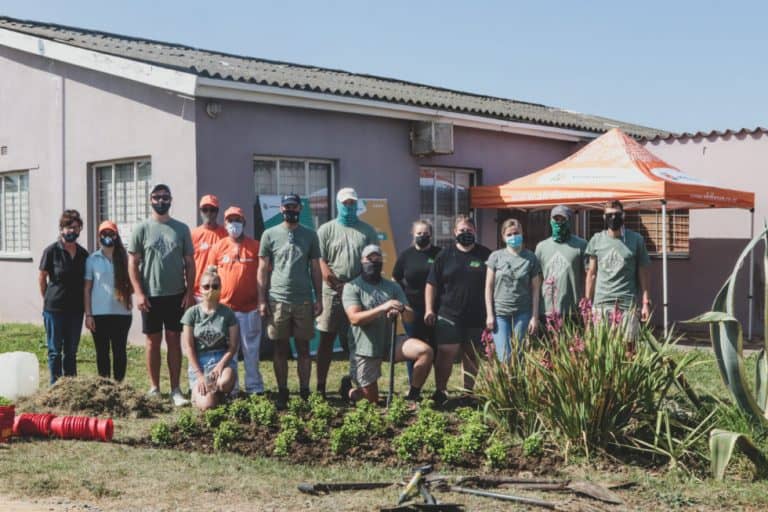AfriForum provides information about Afrikaans to the UNESCO World Atlas of Languages
AfriForum has just provided information about Afrikaans and other South African languages for inclusion in the World Atlas of Languages of the United Nations Educational, Scientific and Cultural Organization (UNESCO).
According to Alana Bailey, AfriForum’s Head of Cultural Affairs, this atlas is an interactive and dynamic online platform that documents the status of languages around the world. It was launched in February 2022 with the aim of celebrating the world’s linguistic diversity and multilingualism as a unique heritage and treasure of humanity, while helping to preserve, revitalise and promote all languages.
Currently, it includes 8 324 languages, of which approximately 7 000 are still in use. The languages are classified as safe (65 languages), potentially vulnerable (1 163 languages), endangered/unsafe (2 698 languages), definitely endangered (2 362 languages), severely endangered (462 languages) and critically endangered (383).
The platform offers researchers the opportunity to use the names of countries or languages as search words. The information about each country and language included is dependent on inputs from the relevant country’s government-appointed focal point. According to the team administrating the atlas, all governments have not responded to requests to designate focus groups yet. In the case of South Africa, no information about either the country’s population, or its official languages are available on the platform. As far as Afrikaans and the other indigenous languages of the country is concerned, they have simply been classified as potentially vulnerable.
“Clearly the creators of the platform are not completely ignorant about Afrikaans. The fact that it is described as potentially vulnerable, indicates that the challenges facing the language have been acknowledged,” Bailey stated. She added that the same applies to the other South African official languages.
AfriForum has provisionally sent information on the population and official languages of South Africa to the platform and will continue to provide it with essential facts as it becomes available. “Along this way, AfriForum can contribute to the protection and promotion of our languages in the wider landscape of languages in the world,” she concluded.











